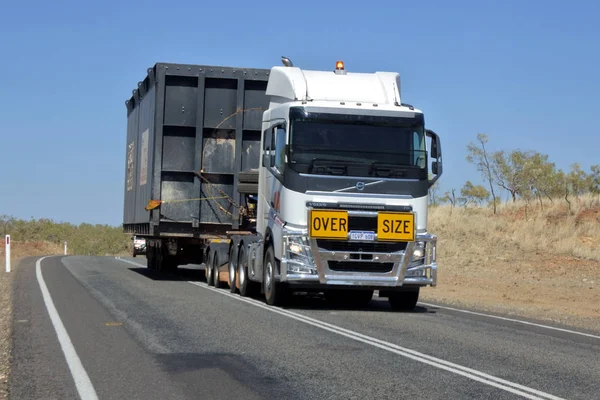
That image of a towering, hugely modified truck much bigger in size compared to the standard car has sent shockwaves through public alarm. One driver could not put it better than in this now-viral Reddit post “How can anyone think this should be legal? Was driving around when I saw this, and it was really horrifying to me to think about getting into an accident with one of these monstrosities.” The jarring size difference such a vehicle presents compared with regular cars is no longer just an aesthetic issue but one of safety, environmental impact, and quality of community life.
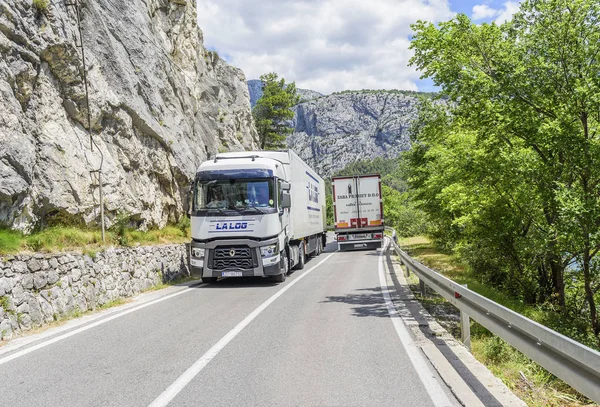
1. Collision Risks from Height and Mass
Large trucks, in particular those with lift kits, pose a specific danger in the dynamics of impact. High front ends can clear crumple zones in smaller cars and hit directly at windows and passenger compartments. It is estimated, for example, that for every 500 kilograms of increased vehicle weight, the risk of fatalities in crashes increases by about 70%. Protection of occupants of large vehicles comes at the price of greatly increased vulnerability for others on the road, especially in head-on impacts where mismatches in bumper height still generate severe injuries.
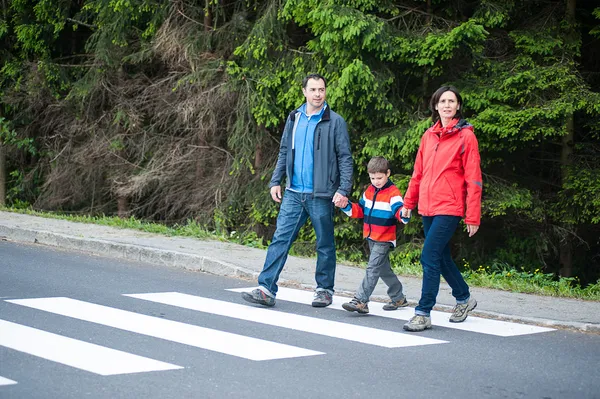
2. Pedestrian and Cyclist Vulnerability
The dangers don’t end with other road users. A modest 10-centimetre increase in front-end height raises the risk of pedestrian death by 22%. Children are at particular risk being struck by an SUV makes them eight times more likely to die compared with being hit by a small car. Cyclists do not fare any better, with SUV-related crashes resulting in more serious head injuries due to higher impact points and greater force. If larger vehicles had been replaced by smaller cars in 2019, an estimated 460 pedestrian deaths could have been avoided in the US, researchers say.
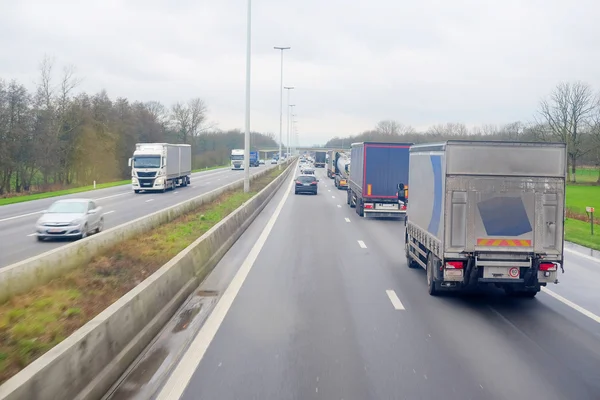
3. Blind Spots and “Frontover” Collisions
Large trucks can have front blind spots up to 11 feet longer than the longest sedans, which make it remarkably easy to miss small children-or even other objects-right in their path. “Small children are especially vulnerable to front-over crashes,” says Jennifer Stockburger of Consumer Reports. In all, more than 931 frontover fatalities were counted from 1990 through 2019, with more than 80% involving a truck, van, or SUV. Such advanced technologies as backup cameras and parking sensors-which cut blind zones 90%-don’t replace vigilant driver awareness.
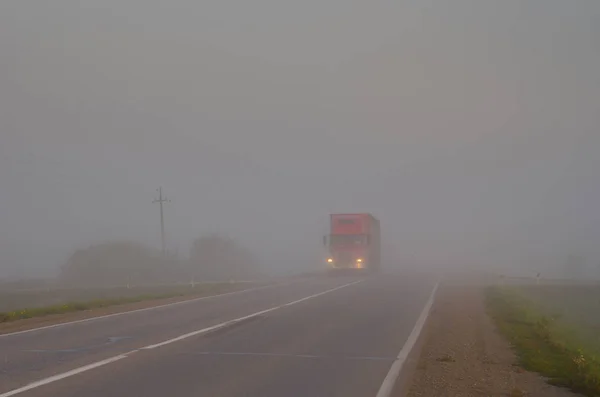
4. Ecological Impact of Heavy-Duty Vehicles
The single biggest source of US carbon emissions is transportation, with half of the sector’s CO2 output coming from light-duty trucks aka pickups and SUVs. Every gallon of gasoline burned unleashes about 20 pounds of CO2, so the typical vehicle pumps out 6 to 9 tons per year. Switching to a more efficient automobile-say, one getting 25 mpg instead of 20 mpg-can reduce emissions by 1.7 tons annually. Another promising alternative electric vehicles, as model varieties continue to increase along with growing incentives, such as access to HOV lanes in states like California.
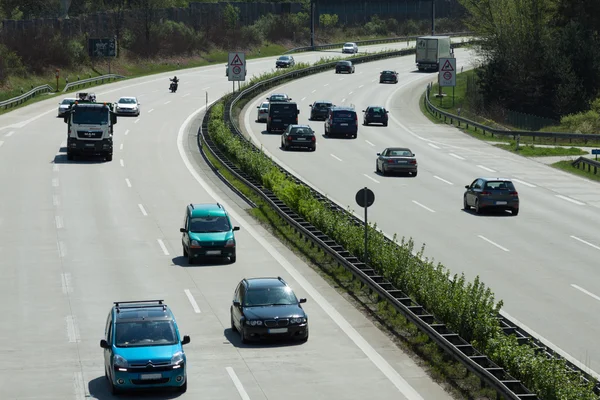
5. The “Vehicle Arms Race” Effect
As more and more drivers believe that larger vehicles are safer and switch to them, others feel they must follow suit, which starts a self-perpetuating “arms race.” A crash incompatibility puts smaller cars at a disadvantage and usually leads to greater injuries in the case of a mixed-vehicle collision. The danger is heightened by size and speed drivers of taller vehicles often underestimate their speed, posing a heightened risk to pedestrians and cyclists.

6. Legal Boundaries and Enforcement
After all, many of the modifications that go on oversized trucks-extreme lifts, front windshield tinting, or tires extending beyond fenders-are already illegal in many states. Regulations vary widely, but illegal modifications can result in fines or “fix-it” tickets, requiring owners to restore vehicles to legal specifications. California, for instance, has especially stringent emissions standards controlled through the Air Resources Board, monitoring aftermarket parts that could increase pollution.
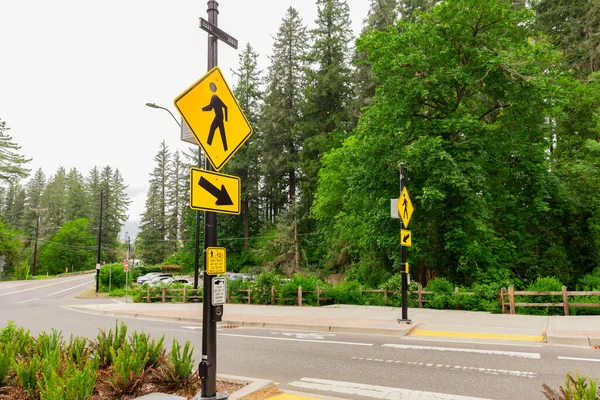
7. Solutions in urban planning
Redesigning streets for safety can help cities mitigate these risks. In practice, that includes lower speed limits, pedestrian islands, protected bike lanes, and better lighting to reduce collision severity. Some municipalities have introduced higher parking fees based on the weight of the vehicle-a policy echoed from Paris’s approach of tripling the rates for cars over a certain weight. The idea is to discourage the use of oversized vehicles in dense urban areas where their risks are greater.
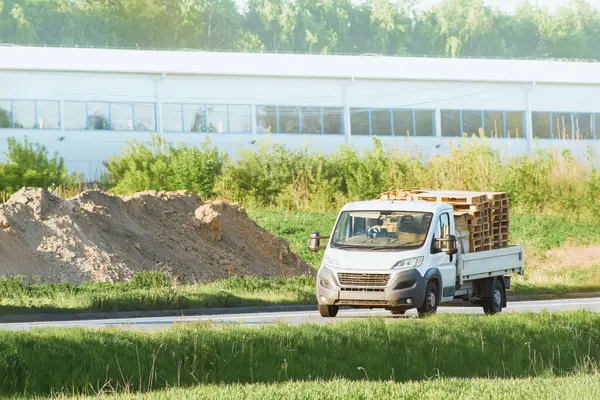
8. Safer Alternatives for Drivers
Not all hauling or towing needs call for a large truck. Car-based pickups, such as the Hyundai Santa Cruz, provide open-bed utility, along with easier handling and better visibility. Midsized SUVs can tow up to 5,000 pounds, which is sufficient to handle small boats or campers. When occasional heavy-duty needs arise, a far more cost-effective and safer choice may be renting a truck from local services or home improvement stores.
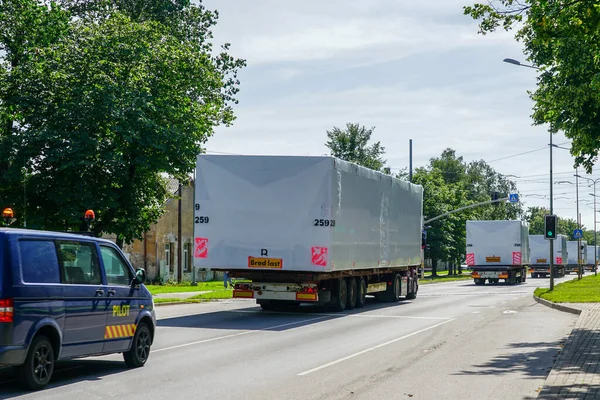
The growing prevalence of oversized trucks is more than a stylistic trend-it’s a complex issue intertwined with safety hazards, environmental consequences, and social responsibility. While a personal choice of vehicle is treasured, the effects on greater communities and the planet are not to be denied. Meeting these challenges will require cooperation by policymakers, manufacturers, and drivers alike to ensure roads continue to be safe and breathable for all.


